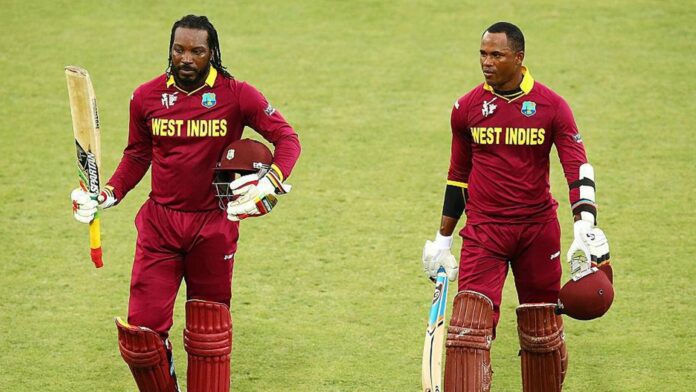In a significant development, former West Indies cricketer Marlon Samuels has been handed a six-year ban from all cricket activities, as determined by an independent Anti-Corruption Tribunal. The verdict follows charges filed by the International Cricket Council (ICC) in September 2021, culminating in Samuels being found guilty in August of the same year on four counts under the Emirates Cricket Board (ECB) Anti-Corruption Code.
The charges against Marlon Samuels are serious and encompass multiple violations of the Anti-Corruption Code. The tribunal’s unanimous and majority decisions found him guilty on four counts, including failing to disclose gifts, payments, hospitality, or benefits that could bring the player or cricket into disrepute and obstruct the Anti-Corruption Official’s investigation.
- Article 2.4.2: Failing to disclose receipt of gifts, payments, hospitality, or other benefits.
- Article 2.4.3: Failing to announce receipt of hospitality exceeding US $750.
- Article 2.4.6: Failing to cooperate with the Anti-Corruption Official’s investigation.
- Article 2.4.7: Obstructing or delaying the Anti-Corruption Official’s investigation.
The ban, effective from November 11, 2023, carries substantial consequences for Marlon Samuels. This decision is a considerable blow to a cricketer who enjoyed a nearly two-decades-long career in international cricket. The penalties reflect his actions while still an active participant in the sport.
Alex Marshall, ICC General Manager for HR and Integrity Unit, emphasized the severity of the ban, highlighting that even though Samuels is retired now, he was a participant when the offences occurred.
The six-year ban is a robust deterrent against any future participant considering breaking anti-corruption rules. Marshall underlined that Samuels had been part of numerous anti-corruption sessions during his career, intensifying the gravity of the breaches.
Fact Check: The Truth Behind The Viral Video Of Shakib Al Hasan’s Incident At Airport
Marshall stated, “Samuels played international cricket for nearly two decades, during which he participated in numerous anti-corruption sessions and knew exactly what his obligations were under the Anti-Corruption Codes. Though retired now, Mr. Samuels participated when the offences were committed. The six-year ban will be a strong deterrent to any participant who intends to break the rules.”
The case raises questions about players’ obligations even after retirement. Despite being retired during the ban, Samuels is held accountable for actions during his active career. This underscores the importance of players fulfilling anti-corruption obligations beyond their playing days.






















